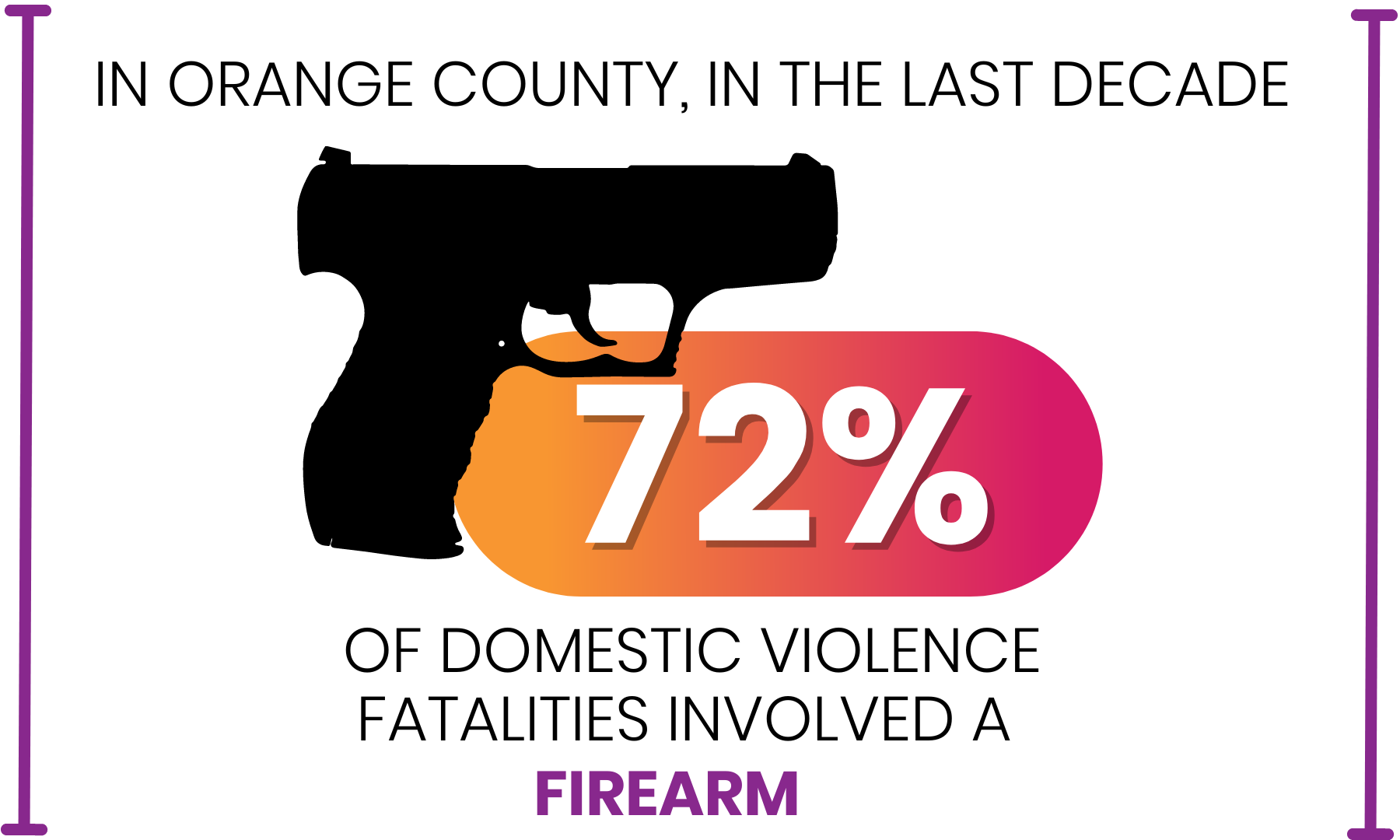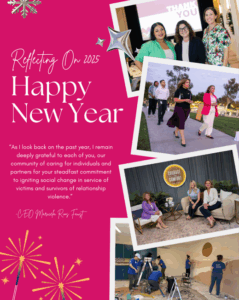By: Hope Talieh, Legal Advocacy Program Manager
At Human Options we know all too well the depth of trauma survivors of relationship violence experience. We see it in their faces each time they come to our shelter. We hear it in their voices when they call our hotline. This healing journey begins with the primal need to get away and stay away from the person who is hurting them. Yet, as simple as that sounds it is quite the opposite. Experiences like being kicked, slapped, shamed and belittled, being left stranded in a parking lot or locked out of the house, all leave survivors feeling worthless, insecure, constantly afraid and ultimately paralyzed. The question isn’t why they didn’t leave sooner. The miracle is that they left at all.
The trauma caused by these experiences erodes survivor’s inner strength, sense of self-worth and trust in themselves and others. The shock, betrayal and isolation that ensue make it difficult to trust their own judgment, thinking and abilities. They sometimes forget who they are and lose all hope of ever being free. If ever a glimpse of hope or inner strength dare be displayed, it is efficiently wiped away with a fist or a phrase.
Even with having the best policies, laws and agencies on their side, there is no quick and easy way to navigate recovery from relationship violence. Creating safety in order to lay the groundwork for this recovery becomes even more arduous when firearms are involved. It is impossible to have a meaningful conversation about relationship violence without talking about access to firearms. Here are some whopping statistics to prove the point:
- Nationwide nearly one million women have been shot by an intimate partner.
- In Orange County in the last decade 72% of domestic violence fatalities involved a firearm.
- According to a study conducted by UCLA, two thirds of victims who live in homes with guns report their batterer used a gun to scare, threaten or harm them.
- Lastly, a woman is five times more likely to be murdered when her abuser has access to a gun (EFSGV)
The most used legal tool in relationship violence cases is the Domestic Violence Restraining Order or DVRO. They are protection orders made by the Court prohibiting the abuser from contact with or proximity to the survivor. Thankfully, California law recognizes the need for firearm restrictions for persons who are the subject of a Domestic Violence Restraining Order. A Gun Violence Restraining (GVRO) is another tool used to limit an individual’s right to access to firearms and ammunition based on their volatility or instability and is aimed at protecting society rather than a specific protected party. When a person is a threat to themselves or others and has access to firearms, a GVRO can be sought.
As part of safety planning with our clients, we always ask if the abuser has access to firearms and include it as a factor in their safety plan. Our legal advocates are committed to ensuring survivors are aware of their right to protect themselves from life threatening situations by educating them on the availability of protection orders. To the extent we are involved in seeking protective orders from the Court we include requests for firearm access restrictions for the subjects of the restraining orders.
We know from experience the request for restraining orders can make the subject of the order more volatile and can sometimes escalate the violence. In the last six months, 26% of victims in our shelter reported their partner owning some form of a gun if not multiple guns. As such, Human Options received a grant from The California Partnership to End Domestic Violence aimed at educating law enforcement, probation officers, lawyers, healthcare professionals and members of the Bar and judiciary about gun violence and domestic violence fatality prevention. This education includes training on recent GVRO legislation and regulations surrounding gun relinquishment.
Despite the high rates of victim mortality in DV cases where the abuser has access to a gun, the United States Fifth Circuit Court of Appeals recently held that a federal statute prohibiting the right to firearm access for the subject of a domestic violence restraining order was in violation of his Second Amendment right to bear arms. The Supreme Court has granted review and will be joining in the Amicus Curiae Brief filing by the National Network to End Domestic Violence asking the Supreme Court to overturn the ruling by the Fifth Circuit.
The ruling by the United States Fifth Circuit Court is of utmost concern because it erodes the legality of using Domestic Violence Restraining Orders to limit an abuser’s access to firearms. A successful order of protection is only granted after a pattern of domestic violence has been factually established and the threat to the protected party has been proven. Given those facts and access to a firearm there is no question or risk of fatality, and the statistics prove it.
Now more than ever, we need to engage in meaningful dialogue about the cross section between relationship violence and firearms and explore and implement fatality prevention strategies. So many lives depend on it.
I work with the best of people who inspire me with their spirit of service every day. The staff at Human Options are dedicated to Orange County’s survivors of relationship violence and provide much needed assistance and support in every major area of need. From case management to legal advocacy Human Options is a multiservice DV agency whose mission is to ignite social change by educating Orange County to recognize relationship violence as an issue that threatens everyone, advocating for those affected by abuse, extending a safe place for victims, and empowering survivors on their journey of healing.
If you or someone you know needs help, our hotline is available 24/7 at 877-854-3594. To learn more about Gun Violence Restraining Orders visit endinggv.org.





